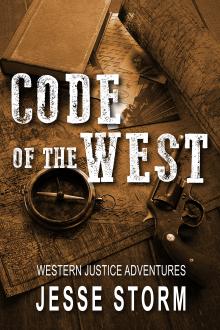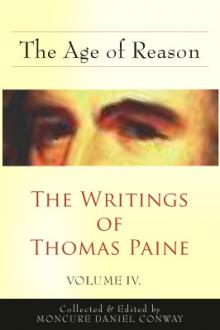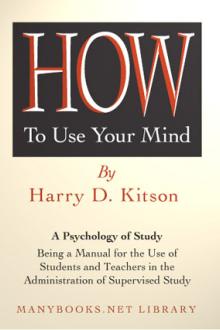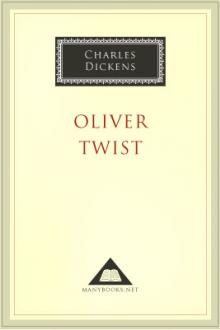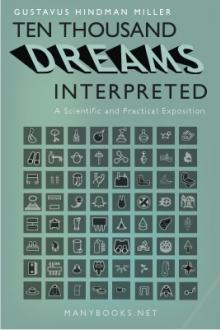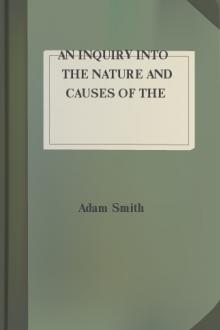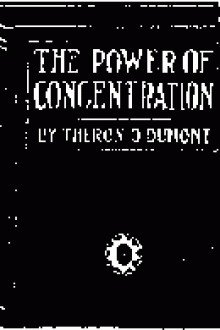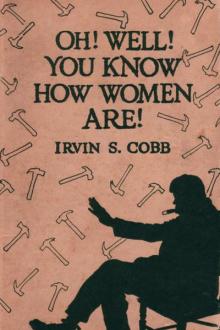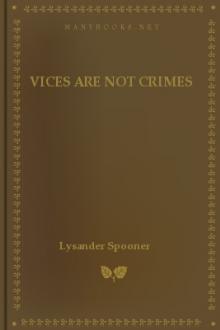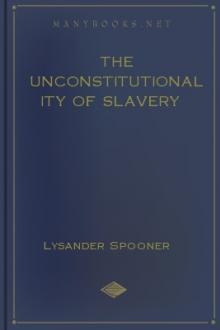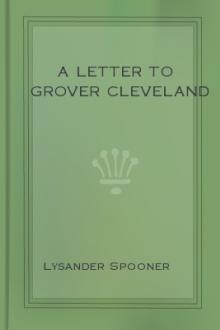An Essay on the Trial by Jury
An Essay on the Trial by Jury
This volume, it is presumed by the author, gives what will generally be considered satisfactory evidence, though not all the evidence, of what the Common Law trial by jury really is. In a future volume, if it should be called for, it is designed to corroborate the grounds taken in this; give a concise view of the English constitution; show the unconstitutional character of the existing government in England, and the unconstitutional means by which the trial by jury has been broken down in practice; prove that, neither in England nor the United States, have legislatures ever been invested by the people with any authority to impair the powers, change the oaths, or (with few exceptions) abridge the jurisdiction, of juries, or select jurors on any other than Common Law principles; and, consequently, that, in both countries, legislation is still constitutionally subordinate to the discretion and consciences of Common Law juries, in all cases, both civil and criminal, in which juries sit. The same volume will probably also discuss several political and legal questions, which will naturally assume importance if the trial by jury should be reestablished.
Book Excerpt
have the force of laws. Our American constitutions have provided five of these separate tribunals, to wit, representatives, senate, executive,[2] jury, and judges; and have made it necessary that each enactment shall pass the ordeal of all these separate tribunals, before its authority can be established by the punishment of those who choose to transgress it. And there is no more absurdity or inconsistency in making a jury one of these several tribunals, than there is in making the representatives, or the senate, or the executive, or the judges, one of them. There is no more absurdity in giving a jury a veto upon the laws, than there is in giving a veto to each of these other tribunals. The people are no more arrayed against themselves, when a jury puts its veto upon a statute, which the other tribunals have sanctioned, than they are when the same veto is exercised by the representatives, the senate, the executive, or the judges.
But another answer to the argument that the people are arrayed against th
FREE EBOOKS AND DEALS
(view all)Popular books in Non-fiction, Essays
Readers reviews
0.0
LoginSign up
Be the first to review this book
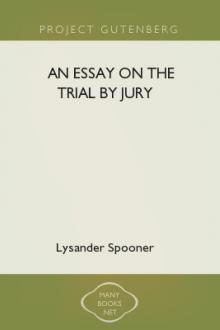
 Free Download
Free Download






